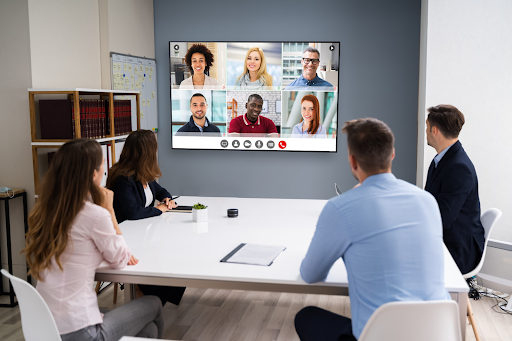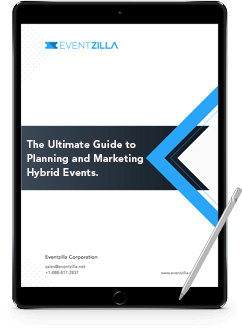Here’s a fun game. If you had a choice, what superpower would you choose to have? If I had a superpower, I would want it to be super-productivity, the ability to get things done efficiently, completely and on time EVERY SINGLE DAY. Wouldn’t that be awesome?
Since the chances are minimal that my superpower wish will come true, I’m constantly looking for tips and tricks on how to be more productive while planning events. Keeping up with all of the small details and deadlines of any event can be challenging, especially when you are planning several events at once. It’s important to have go-to organizational strategies in order to stay sane in the event planning chaos.
Here are 5 of the most effective productivity strategies that I’ve learned from event planner superstars over the years. I find them really useful in staying organized, hitting goals, and delivering consistent results.
1.Maintain a consistent routine
Chaos can start with the smallest missed detail. The easiest way to avoid forgetting to make a phone call or missing an email is to establish a routine that you stick to religiously. That means setting aside a certain hour every day to make phone calls and a routine for answering emails. It also means setting up a consistent workflow for each event that you and your team follows from start to finish. According to Wikipedia, a workflow consists of an orchestrated and repeatable pattern of activity, enabled by the systematic organization of resources into processes that transform materials, provide services, or process information. By following the same timeline in the same order and using the same checklists for every single project, you significantly lessen the chance of errors. Productivity starts with organization.
2.Document everything
Take copious notes as you plan and promote your event and share them with your team. Whether on a paper calendar, an Outlook calendar, in a project management platform like Trello, or in a shared document on a Google drive, it doesn’t matter how you document and share your work, just that you do it religiously. This practice keeps me sane because I know that even if I experience a “senior moment” and can’t remember if I called the venue to confirm my room needs, I know that I can find the answer in my notes. Also, make sure to share your notes with everyone who needs to know. The “if you were hit by a bus” mentality may be slightly gruesome and cynical but it has value. Events go on even if you cannot be there.
3. Delegate when you can
Event planning is a team sport. There are too many details for one non- superhero type person to be responsible for when planning a large event. It’s imperative to share responsibility in order to be productive. Hire a team that offers a diversity of strengths and experience so that you know each detail will be handled with care and professionalism. Then stand back and let your team do what they do best. Productivity may start with the organization but it is manifested with teamwork.
4. Focus on one thing at a time
When planning an event, multi-tasking is not always a good idea. It’s usually necessary on event day, but when working out event details like room selection, workshop session planning, or a digital marketing ad campaign, it’s usually better to focus fully on that project and not be pulled in other directions until that project is complete. I find that having a consistent event planning workflow in which every project is scheduled and builds on each other with specific goals along the way, helps me be better able to focus. As a result, I get projects done faster and with greater success. I save my multi-tasking skills for event day.
5. Self-care is important
Last but certainly not least, it is crucial that event planners take good care of themselves. That means physically, mentally, and emotionally. Getting enough sleep, eating clean, and taking time to exercise are critical. Taking time for a social life, for family fun, and to use your brain for things other than work are valuable to your well-being as well. We are better able to focus and be productive when we feel like the best version of ourselves. To know more, read our blog post on how to maintain a work/life balance. If you feel really scattered and disorganized, it may seem impossible to be a super productive event planner. But it really just takes a series of small steps like the five above. Implement one at a time, be consistent and deliberate in your execution of these steps, and before you know it, you’re a productive superhero! No cape needed







